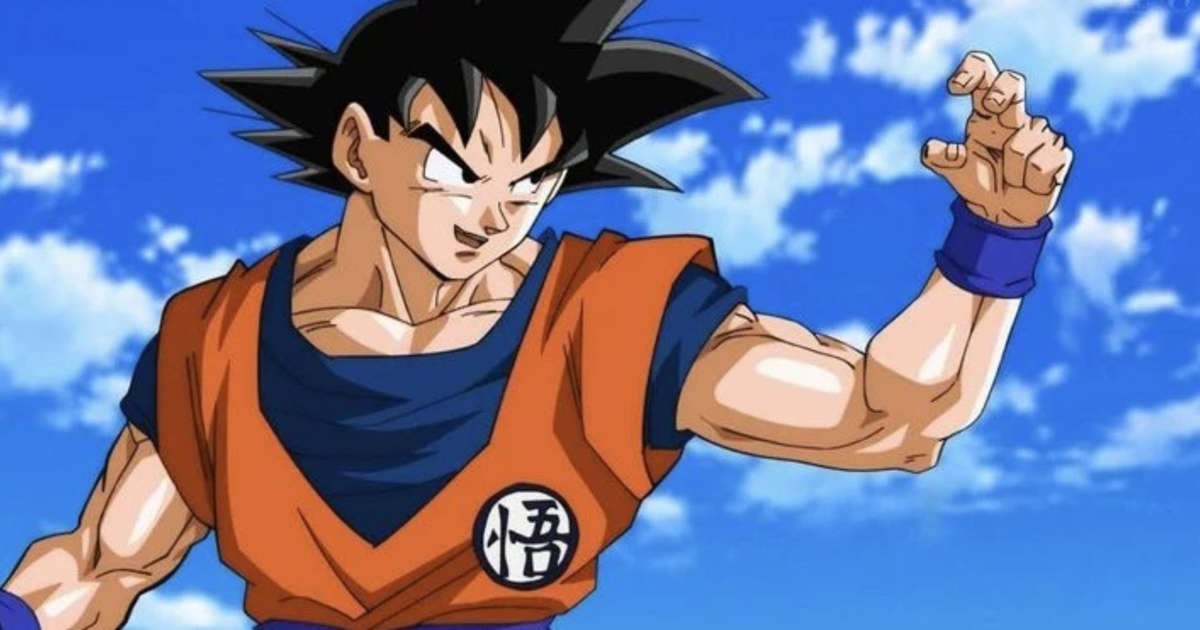
© Provided by GameRant
There is a sad truth we must discuss at the beginning of this article (though it’s a truth we don’t want to acknowledge): life is…short. You think you have all the time in the world and before you know it you’re married with kids, you have a mortgage, and it seems that exclusive shows to watch on streaming services are vast and daunting. You wake up one day and realize there is no possible way you are going to watch everything you want to watch. What becomes even sadder is when you realize one of your favorite animes of all time – Dragon Ball Z – has 291 episodes to watch with roughly half of the show being filler.
You start to wonder if you will ever have time to relive your favorite childhood show. This is where you get some good news. About ten years ago Toei Animation decided to celebrate one of the many anniversaries of the series by doing a recut of the show called Dragon Ball Z Kai. This ‘new’ series would edit out the filler, fix animation errors, and rescore the show making it feel more modern (and it will certainly take up less of your time). The show releases without a hitch at first, but soon there is an issue with the music that can very well get the show in some serious legal trouble if not taken care of.
Why Was the Music Changed for Dragon Ball Z Kai?
The music of Dragon Ball Z was composed by Shunsuke Kikuchi, whose themes are iconic to viewers of the series who watch it in Japanese (if you watched the series in English you most likely got a different score). While the music IS iconic, producers wanted to introduce Dragon Ball Z to a new generation. With the restoration of the animation being done, it was decided to rescore the series as well. Not only would this make sense since the editing required a re-purposed score anyway, they could also modernize the sound of the series.
RELATED: How Much Did it Cost to Own All of Dragon Ball Z on Home Media?
They wanted the music to sound modern, epic, and maybe even a little like a Hollywood action movie. They decided to hire Kenji Yamamoto for the task. Yamamoto was no stranger to the Dragon Ball Z franchise; he was the composer for various Dragon Ball video games including Dragon Ball Z: Budokai, so it was safe to assume that he would be a good choice to make a modern sounding soundtrack for Dragon Ball Z Kai. While opinions on the new score received mixed reviews, with some praising the new music and others longing for the older score, others were pointing out that certain tracks sounded a little familiar…
Accusations of Plagiarism Arise
It should be noted that Kenji Yamamoto has been composing music for Japanese shows for years. He had put decades of his life into the business before he became involved with Dragon Ball. He was also a fan of American music, and tended to sample many American songs and scores for other shows he wrote music for. The reason he was never caught was simple: most of the shows he worked on never came to America, so there was no one to really catch on that some of his music was plagiarized.
Even with the Budokai games, plagiarized music wasn’t as likely to be picked up, as the game (bestsellers though they may have been) did not have the reach for the right people to pick up on what was going on. Dragon Ball Z Kai was a whole different situation, as this show WAS viewed by millions of Americans (some of them on Nickelodeon), and those viewers tended to watch the kind of movies Yamamoto was “borrowing” music from!
Music samples were picked up from hit movies like Avatar and Terminator: Salvation. Popular bands like Pink Floyd and Led Zeppelin tunes also made “cameo” appearances in Kai. In an age of YouTube, fans started making comparison videos where the music was compared side by side, and some of the examples were irrefutable. Yamamoto wasn’t simply paying homage: he was stealing other musicians music. As more episodes aired and more examples became apparent, what started out as a fun Easter egg for fans to discover was quickly becoming a legal problem for Toei Animation, and they knew they would have to respond.
What Had to be Done
When it became clear that part of the music was compromised Toei knew that none of it could be trusted. Yamamoto was fired with Toei issuing a public apology. Though it went counter to what they wanted to achieve with the sound of Dragon Ball Z Kai, they ultimately reinstated re-purposed tracks from Shunsuke Kikuchi. While this meant the show sounded like it came from the 80s again, at least for some fans the iconic Dragon Ball Z music was back.
This didn’t end with the anime though. Re-releases of Dragon Ball Z: Budokai that Yamamoto has scored had their score replaced in re-releases and HD remasters. For those who are interested in hearing the plagiarized score, DVDs and BluRay’s of Dragon Ball Z Kai WERE pressed before the problem was noticed, and more than half of the episodes were released in the states with the Yamamoto score. These discs are out of print and getting pricey though, as collectors seek them out. It’s a shame because Yamamoto’s score did exactly what Toei wanted: it brought a Hollywood feel to the franchise. Maybe it was a little TOO Hollywood though…?!
MORE: How Dragon Ball Almost Sunk the Biggest Anime Company in America